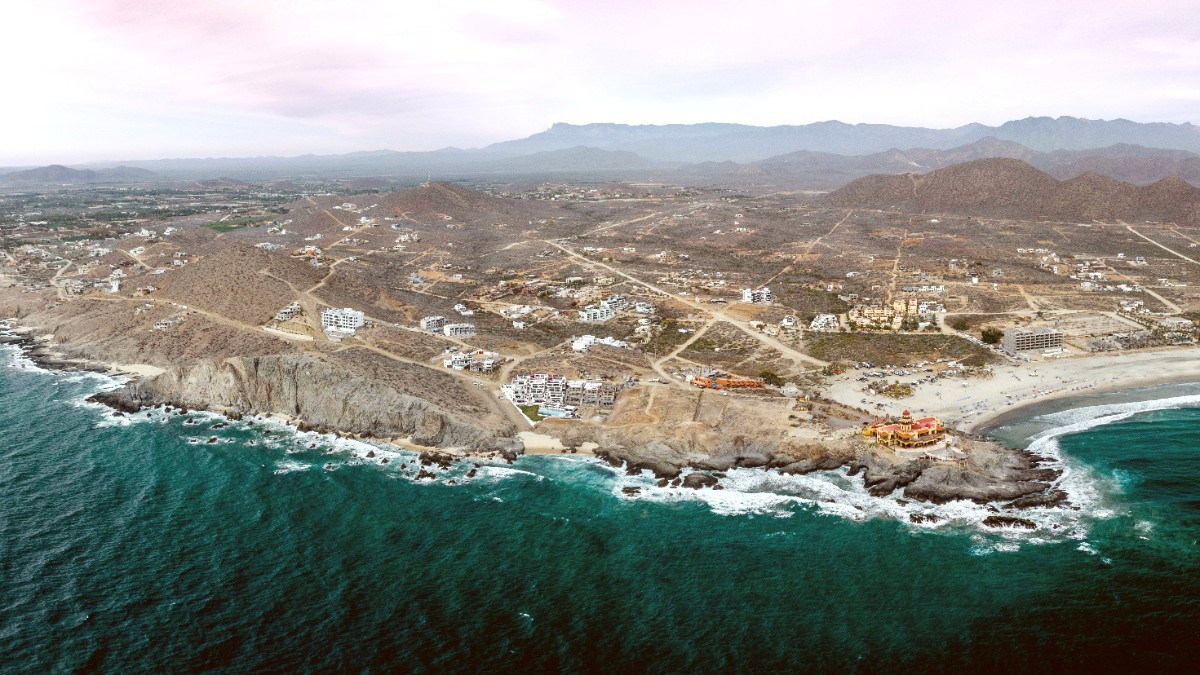
North Coast, Peru
Minimize your waste and respect natural areas.
Engage with locals politely, learn basic Spanish, and always ask permission before photos.
Support local businesses, artisans, and community-based tourism for local livelihoods.
Make conscious choices to protect Peru's environment.
Chan Chan and Huacas de Moche are UNESCO World Heritage sites with ongoing conservation.
Recycling infrastructure is limited outside major Peruvian cities.
Peru's coastal desert, including Trujillo, faces water scarcity.
Your choices in Trujillo and beyond contribute to the preservation of Peru's unique natural and cultural heritage.
Engage respectfully with local traditions and people.
Support initiatives that preserve Moche and Chimú heritage.
Simple gestures of politeness go a long way.
Always ask for permission before photographing individuals, especially children.
Show reverence when visiting churches and other sacred places.
Your choices directly impact local livelihoods.
Buy souvenirs directly from local artisans at markets.
Prioritize locally owned restaurants, guesthouses, and shops.
Consider ethical tour operators like G Adventures.
Support local families by choosing authentic experiences and products directly from producers.
Ensure your visit creates positive economic benefits for Trujillo and its communities.
Seek opportunities to support local communities directly.
Make sure your purchases directly benefit the producers.
Prioritize local over international chains for authentic experiences.
Be aware of situations that might involve exploitation.
Ensure your contributions have a sustainable positive impact.
Be vigilant and report any suspected cases of human or animal exploitation to authorities.
Avoid engaging with unlicensed vendors or unverified tour operators to prevent risks.